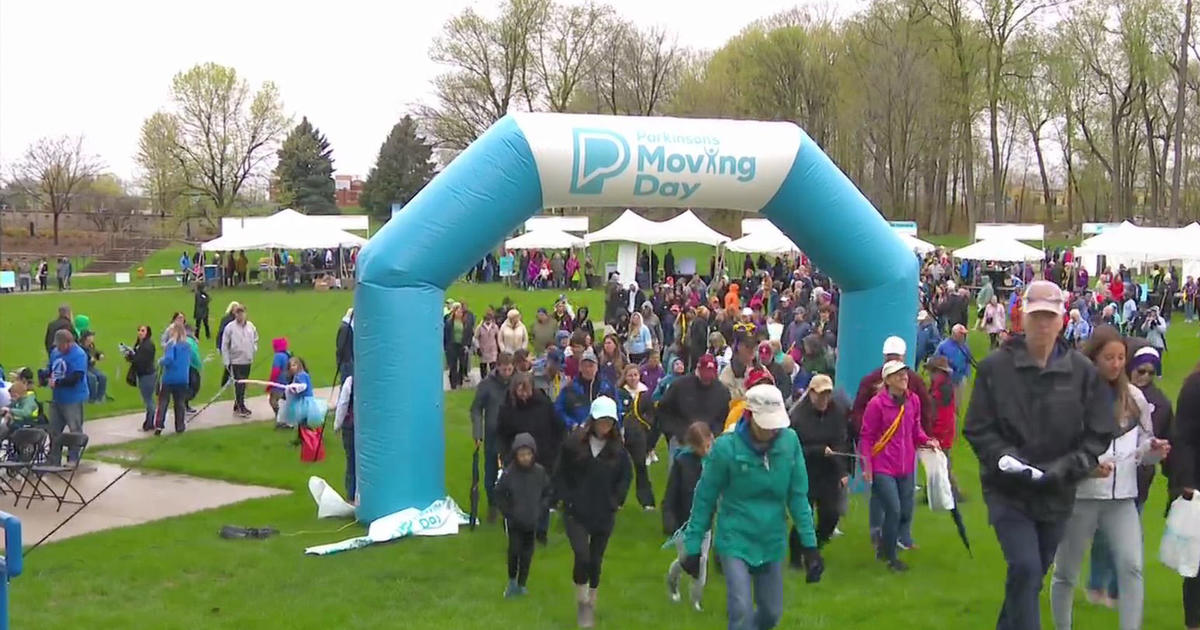Good Question: Why Are Office Lights On Overnight?
MINNEAPOLIS (WCCO) -- Drive through downtown Minneapolis or St. Paul at 10 p.m. and you'll see a lot of lights on inside the office towers. In a time where more of us are concerned about energy efficiency and the environment, why do so many office buildings keep the lights on?
"We think about lighting all the time," said Ted Zwieg, Vice President of Operations for Brookfield Properties.
Zwieg is in charge of the 34,000 lights in City Center's downtown Minneapolis office tower.
"It's on our mind every day," said Zwieg.
He said that some of the lighting is due to non-traditional work schedules.
"It's a sign of the times. People are no longer working 8 to 4, 7 to 6. When you have brokerage houses, accounting, law -- these folks are there doing their jobs," he said.
But he also acknowledged that a good part of the problem is due to tenants not taking responsibility for their lights.
"In terms of educating people to turn off the lights, we sure want to do that and educate folks to shut off the lights in a timely basis so they're not on all night. And that's oftentimes left up to the cleaners, so then we look to technology," said Jim Durda, Vice President and General Manager for Inland American Office Management.
Durda deals with the 40,000 fixtures in the IDS tower (down from 90,000, he noted).
"We've spent a small seven-figure number on changes at the IDS," said Durda.
According to the Department of Energy, lighting can be 50 percent of all business energy use. It makes up one-third of the commercial carbon dioxide emissions.
Zwieg said that the average homeowner spends $5 a day on electricity. He spends $5,000 a day on electricity for City Center's tower.
To cut down on costs, he's put motion detectors on lights in the bathrooms. But that is not happening in the main spaces, partially because it could get annoying during the day if lights started going off in work spaces. There are also concerns about wear and tear on the light fixtures if they turn off and on too frequently.
Instead, City Center's office lights are programmed to go off at 6 o'clock every night. Each quadrant on the floor has an override button, which gives workers an hour of lighting.
"At the end of that hour the lights will go off and you'll have to go back and push that button again and they'll come back on for an hour," said Zwieg.
Upfront costs are why some improvements don't happen, but in this case, automation paid for itself quickly, Zwieg explained.
"The cost of that was about $200,000 and the payback on that was a little over a year. It's a phenomenal payback," he said.
Another reason lights stay on at night: big buildings have dozens of tenants. IDS has 130 tenants, according to Durda. It's hard to create one policy.



